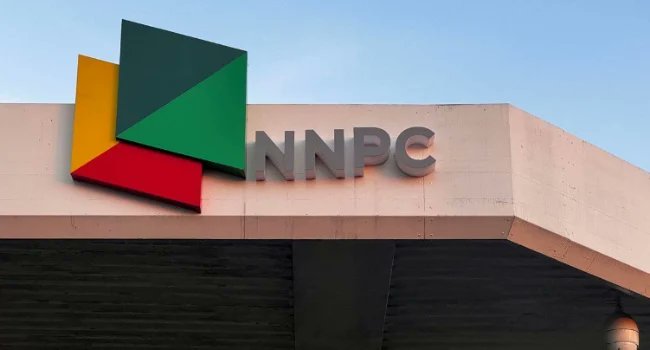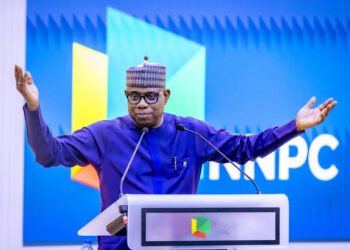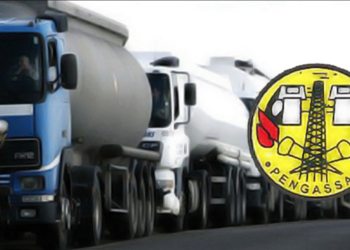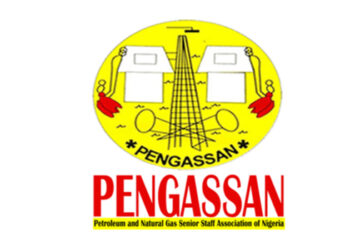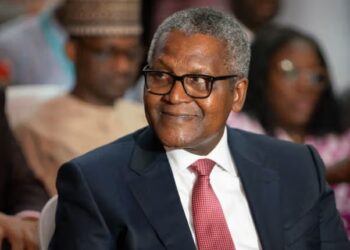- NMDPRA approves additional 3.5 billion litres for December
There has been a rise in petrol importation by marketers in Nigeria over the last few days despite calls for patronage of local refineries.
This is based on a new report that details petroleum imports over the last few weeks and was made available to Nairametrics by sources with knowledge of the matter.
According to information contained in the report, between October 1 and November 11, Nigeria imported 1.5 million metric tonnes of Premium Motor Spirit (PMS), 414,018 metric tonnes of diesel, and 13,500 metric tonnes of aviation fuel.
These volumes translate to over 2 billion litres of petrol, 500 million litres of diesel, and 17 million litres of jet fuel, with a cumulative cost of nearly N3 trillion.
This continued importation raises concerns about the impact on Nigeria’s local refining sector, particularly with the operational Dangote Refinery which has been in the news.
A source close to the sector expressed frustration, stating, “It is disheartening that despite having local refineries with sufficient capacity, we are still heavily reliant on imports. This puts undue pressure on our foreign exchange and undermines our economy.”
In addition, industry sources reveal that the Nigerian Midstream and Downstream Petroleum Regulatory Authority (NMDPRA) recently approved licenses for an additional 3.5 billion litres of PMS by December.
“This is unacceptable,” said an insider in the petroleum sector. “Granting licenses for massive imports, when local refineries like Dangote have sufficient capacity, is akin to sabotaging our economy. It’s the same mistake we made with the textile industry, where cheap imports destroyed a thriving sector.”
NNPC makes U-turn on ending importation
On its part, the national oil company, NNPC, clarified that the statement earlier attributed to the GCEO, Mele Kyari, about ending a N24 trillion import bill on petrol was a mischaracterization.
- In a statement made available to Nairametrics, the spokesperson of NNPC, Olufemi Soneye, stated that NNPC never claimed it would cease importing petrol into the country but emphasized prioritizing the patronage of local refineries, such as the Dangote Refinery.
- Soneye clarified that Kyari did not explicitly say NNPC has stopped importation, adding that the company still imports to supplement local supply.
“The report quotes the GCEO’s words accurately in parts, but the interpretations added are factually inaccurate, creating a narrative far removed from reality.
“The GCEO’s statement, ‘Today, NNPC does not import any product; we are only taking from domestic refineries,’ should not be misconstrued. NNPC Ltd. Will choose local supply when cost-effective, but this approach applies broadly to all fuel marketers, who consider economic factors when deciding between local sourcing or imports,” Soneye said.
Dangote Refinery’s effort to meet local demand
The Dangote Refinery reportedly holds over 500 million litres of refined products in reserve, having already supplied 400 million litres to the domestic market.
- Aliko Dangote, President of Dangote Group, urged collaboration with local refineries to meet Nigeria’s daily petrol demand of 32 million litres.
“Our industry cannot thrive if the government continues to prioritize imports over supporting local refineries. We need consistent crude supply to maximize our capacity,” Dangote said in a statement.
- Despite these calls, industry insiders claim that local refineries, including Dangote’s, are not receiving sufficient crude oil.
“The lack of crude supply is deliberate,” said a source. “It’s a scheme to keep Nigeria dependent on imports.”
CORAN Calls for Stricter Policies
On their part, the Crude Oil Refinery Owners Association of Nigeria (CORAN) has called for stricter regulation of import licenses.
“International traders are using Nigeria as a dumping ground for substandard products,” said Eche Idoko, CORAN’s Publicity Secretary. “The Petroleum Industry Act (PIA) clearly states that import licenses should not be issued for products we can refine locally. Yet, this practice continues unchecked.”
Idoko further emphasized the need for government protection of local refineries. “The government must act to ensure our refining sector thrives. Without this, we’ll continue to lose billions to unnecessary imports.”
FG’s Reaction
President Bola Tinubu previously said the need for reforms in the downstream sector, including shifting crude oil and refined product sales to Naira.
“Whatever solution we proffer in crude oil and refined product sales in Naira should not take us back to our experience over the last 40 years,” Tinubu said.
He projected savings of N700 billion monthly from subsidy removal and Naira-based crude sales, which could be redirected to develop critical sectors of the economy.
In addition, Finance Minister Wale Edun echoed these sentiments, stating, “Our focus must be on achieving self-sufficiency in refined products. This is key to economic stability and growth.”
What you should know
The commencement of refining and onward supply of petrol by the Dangote refinery to the Nigerian market has met a brickwall over the pricing of the refinery’s product.
- The dispute emerged between Dangote Refinery and petrol marketers over the pricing of petroleum products.
- Aliko Dangote, CEO of Dangote Refinery, noted that marketers are avoiding purchasing petrol from his facility, despite having over 500 million liters of petrol in storage.
- In response, marketers represented by IPMAN and PETROAN argue that the refinery’s prices are higher than the landing cost of imported fuel.
Meanwhile, Dangote Refinery’s management issued a statement emphasizing that only substandard fuel would be cheaper, as their prices align with international market rates, with additional discounts offered to remain competitive.

